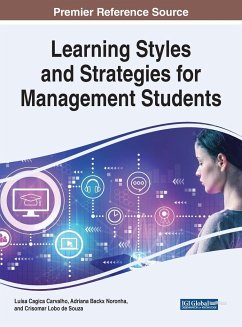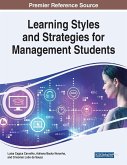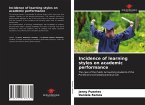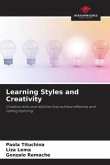Today, globalization, advances in technology, greater access to information, and communication via social networks generate an explosion of knowledge and cause the working world to experience rapid change based on knowledge and continuous learning. The challenge for universities is to have a curriculum that prepares students for this digital world, but many characteristics of the school curriculum have been unchanged for decades. Consequently, student experiences can be very different from the experiences required by the labor market. In a learning environment, the desired results will not be achieved if several essential elements are not considered in the instructional teaching process, including learning style, age, and maturity level. Learning Styles and Strategies for Management Students is a critical scholarly resource that provides essential research on the growing recognition of the critical role of education through concepts and principles of styles and strategies of learning. Additionally, it explores key developments in the methodologies, strategies, and learning styles of students, mainly in management studies. Featuring an array of topics such as digital education, sustainability, and management, this book is ideal for academicians, researchers, administrators, curriculum designers, policymakers, practitioners, and students.








